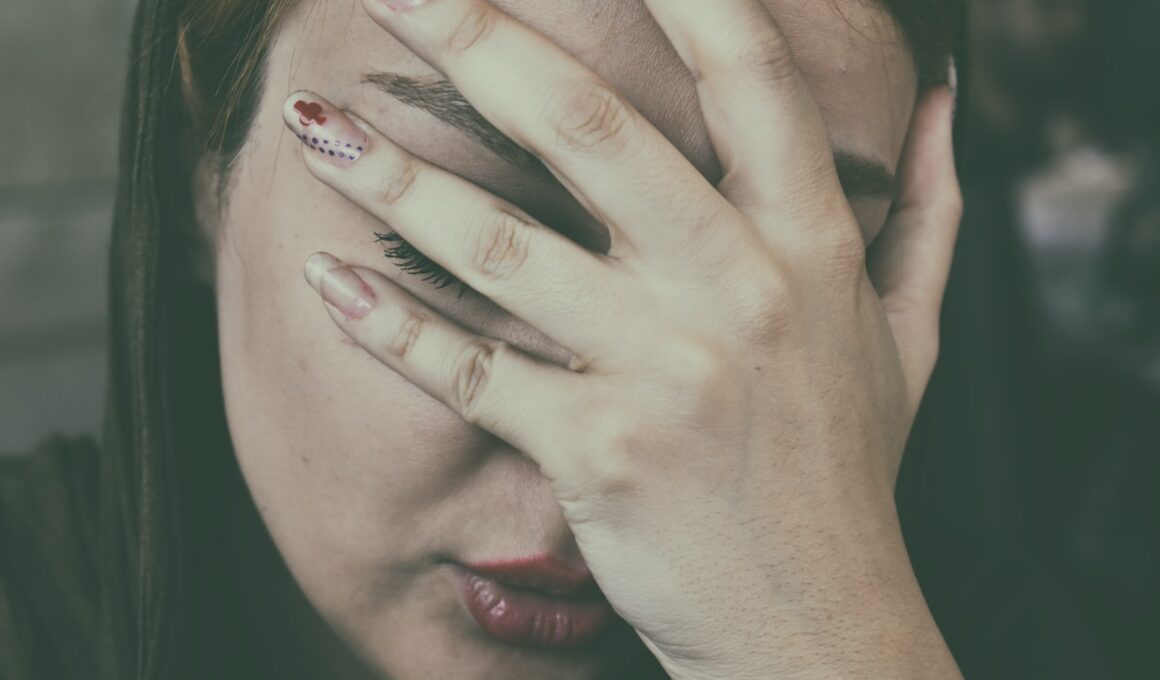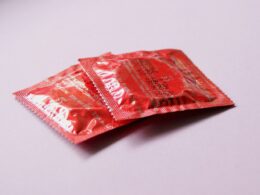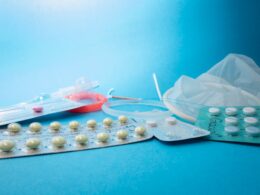Many people with migraine and headaches have trouble pinpointing their triggers, so it can be hard to tell if a new birth control method is causing or making them worse. However, if your headaches increase in severity or frequency while on the pill, you should talk to your doctor about changing your birth control method.
Taking the Pill at the Same Time Every Day
Taking the Pill at the same time every day may help to reduce headaches from birth control – This information is credited to the website’s author https://sexgils.com. This is because it keeps your hormone levels steady and can prevent a drop in estrogen just before your period, which is a common migraine trigger for many women.
If you forget to take your pill one day, or your pill schedule changes due to a vacation or time change, it’s important not to panic. The first time you miss the pill may cause a slight change in your hormone levels, but it will be fine if you take the pill the next day at your regular time. If you have a hard time remembering to take your pills, try setting an alarm on your phone or getting a reminder app to make sure you stick to your daily routine.
Hormonal birth control improves migraines for some women, but can make them worse for others. If hormonal birth control triggers your migraines, talk to your doctor about switching to a different type of pill or hormone-free method. Options include the minipill, implant and Depo-Provera shot. These options involve low-to no estrogen and can provide effective protection against pregnancy, while reducing the risk of serious side effects like blood clots, stroke and heart attack. They also don’t increase your risk of ovarian cancer as the combination pills do.
Taking Over-the-Counter (OTC) or Prescription Pain Relievers
Some over-the-counter and prescription pain relievers can actually cause headaches, especially if you take them several times a week. This is called a rebound headache. If you suffer from this, talk to your doctor about slowly coming off the medicine that may be causing it. This will help you avoid getting a painful rebound headache.
Many women who use hormonal birth control get migraines, and if this is true for you, it may help to switch to another type of birth control that does not contain estrogen. Hormonal birth control may help to reduce migraines for some women because it steadies out hormone levels, and reduces the dramatic drop in estrogen that occurs just before your period begins. If you do not want to switch types of birth control, you could try using a type of pill that has fewer placebo pills each month or one that has a shorter placebo period.
You can also try taking a nutritional supplement that is designed to support hormone balance and address the nutrient depletions that sometimes happen with hormonal birth control. For example, some supplements include acetaminophen and aspirin (such as Excedrin), as well as magnesium, which has been linked to reducing the frequency of migraines and other symptoms of hormone fluctuations.
Other safe birth control options that do not involve hormones include a condom, spermicide, the coil, and barrier methods like a diaphragm. You can also speak to your doctor about other options for low-to no-hormone birth control, such as the Depo Provera shot, IUD, implant and mini pill.
Changing to a Different Type of Pill
Women who have migraines sometimes find that hormonal birth control worsens their headaches. It’s a complex issue, and it’s not always easy to figure out what’s going on. It depends on how your body responds to the hormone changes, and it also depends on what type of birth control you take.
For some, changing to a different type of pill will help. Many people who have migraines find that taking a birth control pill that only has progestin (the non-hormonal part of the pill) instead of a combination estrogen and progestin pill can improve their symptoms. If you do try this, be sure to tell your doctor that you’ve been taking the new type of pill. That way, she can make sure that you are getting enough progestin and don’t run the risk of an overdose.
Some people may also find that their symptoms improve by switching to a birth control pill that has fewer placebo days each month. This is especially true for women who get menstrual migraines. These women tend to experience a big drop in estrogen right before their period starts, and that’s a common trigger for migraines.
If you’re not sure what’s causing your headaches, it can be helpful to keep a headache diary so that you can track what you’re doing and how it affects you. Also, talk to your doctor about reducing the dosage of your birth control pill. This can also help to prevent nutrient depletions, which have been linked to headaches in some people.
Changing Your Diet
Migraine headaches are triggered by changes in hormone levels, and hormonal birth control can increase or decrease the frequency and severity of these headaches. Hormonal birth control can also cause nutritional deficiency, including magnesium deficiencies, which can also contribute to migraines. Some women who take combination birth control pills have migraines that are better or go away after they have been on the pill for a few months.
If you are experiencing menstrual migraines, which are migraine headaches that come just before or during your period, it may be caused by a drop in estrogen levels. This is because oestrogen levels peak around the time of ovulation and then drop right before your period starts. You can reduce these menstrual migraines by taking your birth control pill consistently every day.
Using a combination pill that contains both estrogen and progestin can help prevent these hormone fluctuations. You can also try a pill that has only progestin, which is available in many generic brands. If you find that your hormonal birth control causes migraines, it might be helpful to keep a headache journal. This can help you identify when your headaches are caused by sudden drops in estrogen and can give you a better idea of how long it takes before the pain reliever kicks in.
Eliminating foods from your diet that are known to trigger migraines can be helpful as well. While the evidence for this is not strong, some people find that avoiding certain foods does decrease or stop migraines.









